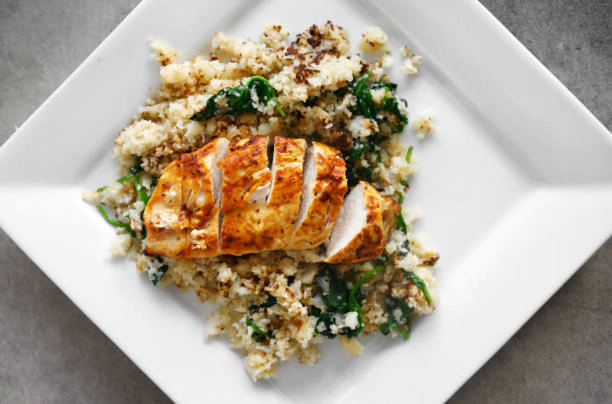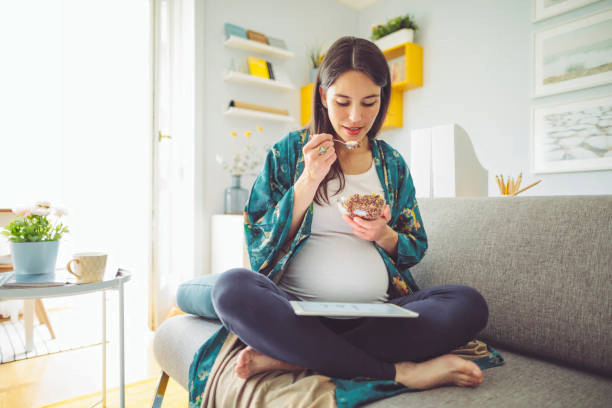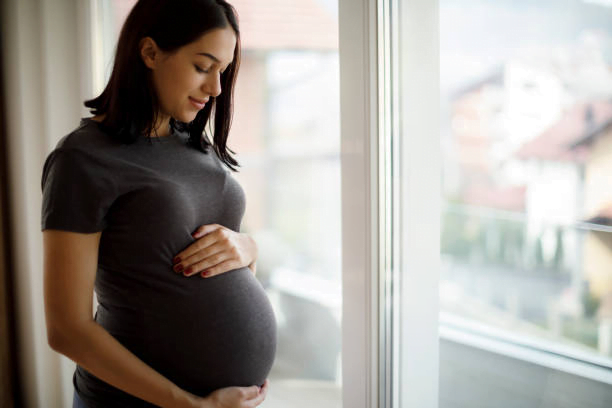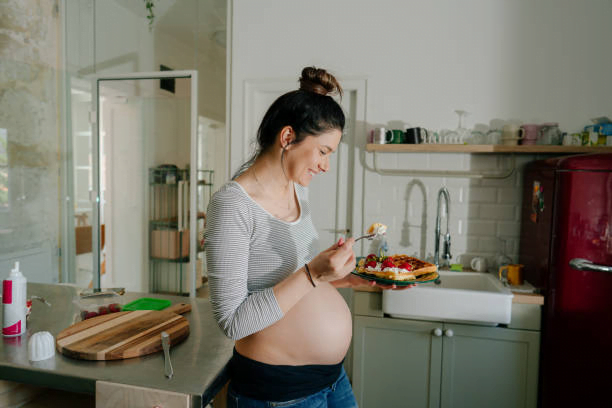
Many people decide to change their eating style to take care of their health. Diets like keto or ketogenic, which are low in carbohydrates, have more and more followers. Now, there may be women following this style of eating and want to stay or have become pregnant and doubt whether they can continue to eat like this.
Therefore, in today’s article, we will talk about the ketogenic diet in pregnant women to try to resolve any possible doubts that may exist.
Getting pregnant on keto?

Difficulty getting pregnant has a lot to do with insulin resistance, obsession, diabetes, or prediabetes. Most of the cases are not diagnosed as they are not serious cases. So a diet low in carbohydrates and sugars is beneficial to achieve pregnancy.
It is possible to be scared if you talk about keto in pregnancy, but this is usually when nutritional ketosis (metabolic flexibility) is confused with ketoacidosis, which is a disease.
ALSO READ: Sleep after eating? This is why your body needs it!
If we go to the doctor and ask him about this diet and tell him that we will eat meat, fish, eggs, vegetables, healthy fats and avoid sugars, ultra-processed, fast carbohydrates during pregnancy. If we put it like this, it can be seen that it is a diet with real and nutritious food, so it is totally beneficial for anyone who wants to follow it regardless of their age or whether or not they are pregnant.
It must be borne in mind that this type of diet is not intended as a slimming diet, but as a style of eating with food that is as real as possible, eliminating those foods that the human body does not tolerate as well and usually cause inflammation and other problems.
Keto and pregnancy

During pregnancy, what is known as gestational diabetes can develop. During pregnancy, progesterone levels go up, this hormone raises insulin levels. This is because the body wants to bring its full nutritional potential to the fetus. Therefore, it is natural for an increase in blood glucose and increased resistance to insulin to occur during pregnancy.
Now, knowing that this will happen, we must avoid getting to suffer from gestational diabetes. If this process of increasing glucose and insulin, we add a diet high in carbohydrates and sugars, which are converted into glucose in our body, it is easier to reach gestational diabetes. So again, we see a benefit from a low-carbohydrate, low-sugar diet.
Ideally, you should moderate carbohydrates to stay below minus 90 milligrams per deciliter on an empty stomach. You can measure your blood glucose every morning with a very simple test that can be done at home. You also have to take into account that they must be above 81 milligrams per deciliter.
The glucose test is easily obtainable and works with a drop of blood.
In addition, with this type of diet, nausea, and vomiting, which are usually related to hypoglycemia, are reduced, so consuming low-carbohydrate foods greatly reduces nausea and vomiting.
Other Benefits of Low Carb Real Food Eating Styles During Pregnancy

There are several studies on the relationship between diet and the proper development of pregnancy that indicate that healthy eating styles like the one we are proposing have numerous benefits and help reduce many risks, such as:
- Reduce the chances of miscarriages.
- Decrease in preeclampsia.
- Avoid the chances of having gestational diabetes.
- There are fewer emergency cesarean sections.
- There are fewer birth defects, fetal macrosomia (the fetus is too big when it is born) is also reduced
- The chances of both mother and fetus suffering from type 2 diabetes are reduced.
- Decrease in high blood pressure.
How to do keto during pregnancy

Ideally, you should have started this type of diet between 2 and 3 months before becoming pregnant, so if you are considering getting pregnant, it is time to change your eating style. If you are already pregnant, nothing happens to start the change either.
By starting pregnancy without insulin resistance and with a flexible metabolism, we can benefit from all these advantages that we have discussed about this style of eating.
If you are considering getting pregnant, it is advisable to go to the doctor for an analysis. In this analysis, you have to look at the HbA1c (that is, the glucose levels of the last few months) it is a test that gives an average; this average should be below 5.7%. You can also start doing fasting glucose tests to monitor how you are. Ideally, you should consider pregnancy when your glucose has remained below 100 milligrams per deciliter for a couple of weeks.
We will keep these tests during pregnancy to continue monitoring ourselves. In this case, let’s remember that we have to stay between 81 and 90 milligrams per deciliter as ideal or at least below 100.
We must record our daily glucose, so that we can explain it to our doctor and not have the need to do the glucose tolerance test, which can be harmful at that time for our body as we have been with low glucose consumption for a long time.
We must avoid fasting when we are pregnant, we must listen to our body and eat a good diet whenever our body feels hungry. Don’t count calories, don’t diet, and don’t take supplements without medical supervision.
